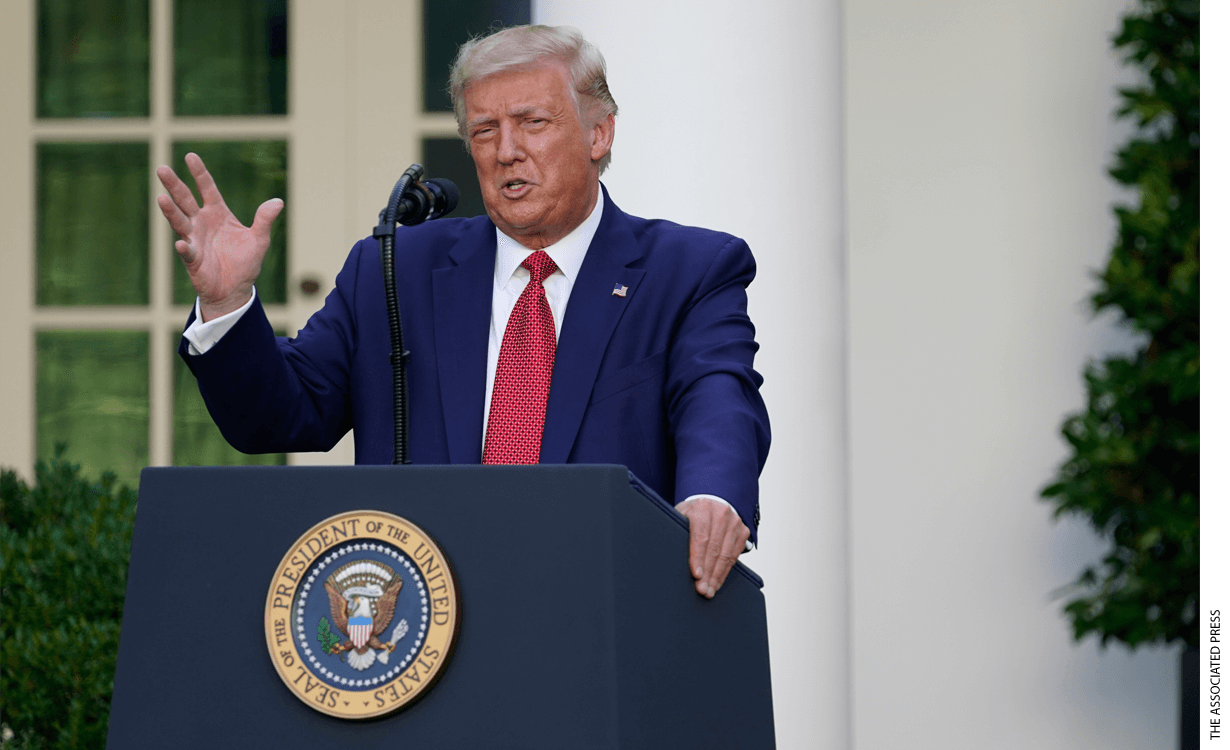During this summer, a team of students from MIT embarked on a journey to the sou …
How Would Education Be Affected by Another Trump Term?
Emma Wordsmith

Donald Trump’s potential return to the Oval Office brings uncertainty about what it would mean for American education. While it may not be the top concern for many, it is important to explore the hints that have been given about Trump’s education agenda. In his campaign website, one of the main points on education is “Protecting Parents’ Rights.” The website states that Trump fought to expand charter schools and school choice, secured funding for Historically Black Colleges and Universities, protected free speech on college campuses, and opposes Critical Race Theory and gender ideology being pushed on children. It also mentions plans to open Civil Rights investigations into race-based discrimination, veto efforts to weaponize civics education, keep men out of women’s sports, create a credentialing body for teachers with patriotic values, reward states and districts that abolish teacher tenure and adopt Merit Pay, cut the number of school administrators, implement a Parental Bill of Rights, and allow direct election of school principals by parents.
From these hints, five themes or emphases can be identified:
- Using the power of federal funding and civil rights investigations to combat the push of Critical Race Theory and gender ideology in schools.
- Opposing efforts to politicize civics education.
- Addressing transgender issues in sports through Title IX enforcement.
- Creating a federal credentialing body for teachers with patriotic values.
- Rewarding states and districts that make specific changes in education policy, such as abolishing teacher tenure, implementing Merit Pay, cutting school administrators, adopting a Parental Bill of Rights, and allowing direct election of school principals by parents.
Notably missing from Trump’s education agenda are discussions about charter schools, school choice, learning loss, and the need for stronger academic achievement. This departure from the traditional GOP education priorities may indicate a shift in targeting certain voter groups.
It is important to note that the Biden administration’s stance on school choice and student achievement does not offer a clear alternative to Trump’s education agenda.
Overall, the future of American education under another Trump term remains uncertain and raises concerns about the potential direction of education policies and priorities.
Chester E. Finn, Jr., is a Distinguished Senior Fellow and President Emeritus at the Thomas B. Fordham Institute. He is also a Senior Fellow at Stanford’s Hoover Institution.
This post originally appeared on the Fordham Institute’s Flypaper blog.
The post What Would Another Trump Term Mean for Education? appeared first on Education Next.


